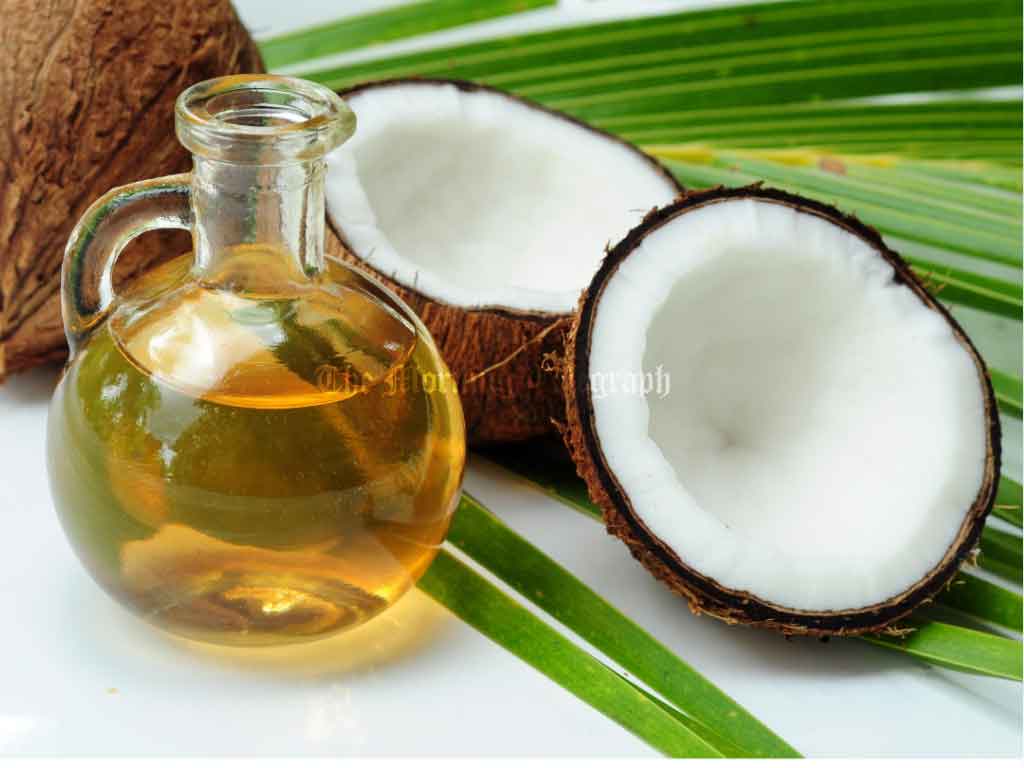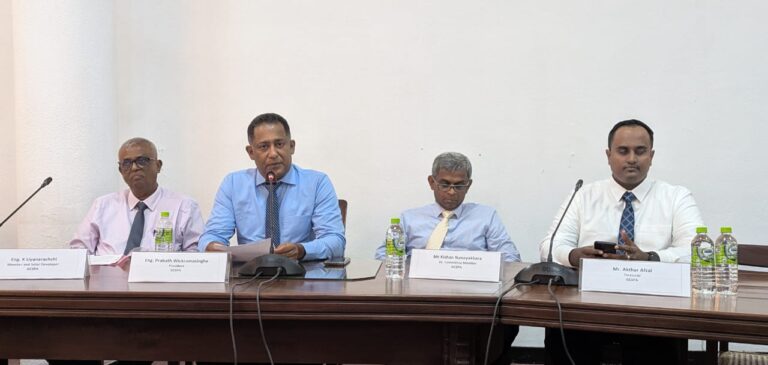
Budhika de Silva, the convener of the Traditional Coconut Oil Producers Association, has voiced strong concerns about the government’s tax policies, claiming they are detrimental to local coconut oil producers. He highlighted a glaring disparity, noting that while an 18% tax concession is granted on imported coconut oil, local producers are burdened with an 18% VAT.
De Silva revealed that over one million kilograms of imported coconut oil, valued at approximately 11,070 billion rupees, have been brought into Sri Lanka this year. He alleged that much of this oil bypasses proper documentation during distribution. According to him, imported coconut oil is frequently moved directly from ports to warehouses or markets without being listed on sales bills. This practice, he claimed, enables traders to avoid paying VAT to the government, resulting in significant revenue losses.
The uneven tax system, De Silva argued, severely disadvantages local coconut oil producers, who already face substantial production costs. He criticized political leaders for making empty promises about supporting local industries during election campaigns but failing to take action once in power. “Protecting local industrialists remains a rhetorical statement with no practical follow-up,” he said, pointing to the lack of proactive measures from officials to address systemic issues.
De Silva emphasized that Sri Lanka has the capacity to meet its coconut oil demand domestically. While he acknowledged a seasonal reduction in coconut yields from October to February, he stated that this shortage is temporary and gradually resolves as harvests recover. He suggested reintroducing traditional practices, such as setting aside part of the coconut crop for animal feed during harvests, to manage such periods effectively.
Additionally, De Silva called for tighter controls on coconut exports during shortage periods. He urged the government to investigate whether the foreign exchange earnings from exported coconuts justify the domestic supply strain. “If we are exporting coconuts, authorities must ensure the returns in US dollars are adequate and properly accounted for,” he added.
De Silva concluded by urging policymakers to address the tax disparity, limit exports during domestic shortages, and implement measures to protect local producers. He warned that without immediate action, Sri Lanka risks further eroding its local coconut oil industry, which has long been a cornerstone of the country’s agricultural sector.




